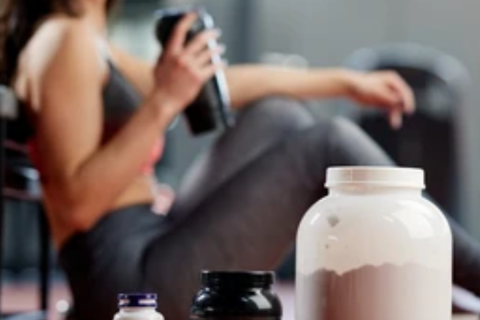
Consumer demand for high-protein products continues to rise, prompting many retailers to expand their ranges—often through private-label sports nutrition lines. For example, Auchan has launched its own brand, Eat n Move, which includes products like isotonic drinks for hydration during workouts and whey protein for post-exercise recovery. Similarly, Aldi Germany has introduced its Aldi Sports line, featuring protein-enriched items such as whey powders, protein balls, snack bars, and even protein-infused coffee.
Protein remains a key growth driver across multiple FMCG categories. Once limited to dairy products, protein claims now extend into an increasingly diverse set of items, including bread, pasta, salads, cereal, meal solutions, snack bars, and even pancakes and coffee. Packaging often highlights the protein content, aligning with consumer perceptions of protein as a marker of health and an active lifestyle, particularly among Gen Z shoppers.
Retailers are clearly targeting a well-defined demographic: health-conscious, physically active consumers. To win in this space, FMCG brands and suppliers must ensure strong shelf presence, provide engaging recipe inspiration, offer sampling opportunities, and develop product ranges that include both plant-based and ready-to-drink formats.
